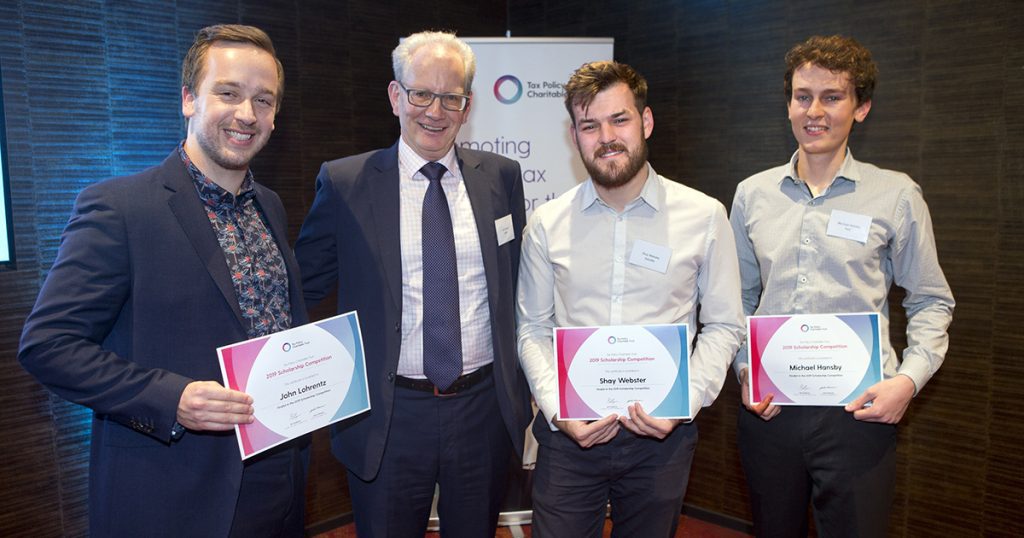Five essential accounting tips for small and medium businesses
Getting the right small business accounting advice is vital for the success and growth of your small business. Here are five essential tips to help organise accounting for your small business.
Keep a record of tax deadlines
Knowing when business taxes are due throughout the financial year is crucial for the health of your small business. If you miss an important deadline, you could receive a costly penalty.
In New Zealand, staying on top of GST returns and paying provisional tax on time is especially important.
Inland Revenue (IR) has resources available to remind you of these important dates. You can also check out our provisional tax calendar to see your terminal tax and provisional tax dates. It is important to be proactive about tracking these yearly deadlines to meet your ongoing tax obligations.
Make the most of automated accounting software
Automated accounting software can be a lifesaver for small businesses. Accounting software covers many of the fundamentals of running a small business. This software helps keep track of expenses and automatically generates forms and reports about your business. This lightens the load of your day-to-day accounting practices.
TMNZ is integrated with accounting software such as Tax Lab to make it that much easier and convenient to use tax pooling if a payment has been missed. To get the most out of accounting software, we would recommend a chartered accountant look over the specifics of your business for any gaps that may have inadvertently been overlooked.
Know your limits and hire a professional when necessary
Many small to medium business owners try to tackle bookkeeping on their own to save costs. But in the end, making errors or filing expenses incorrectly could prove costlier than hiring a professional.
Maintain a relationship with a chartered accountant who can help keep your books tidy. A reliable accountant can help you arrange tax pooling for your business. Tax pooling provides you with more control and flexibility to manage tax payments and can save your business money from late payment penalties and use of money interest.
You may only need your accountant’s services several times a year. However, having a professional on hand for accounting advice gives you precious peace of mind that your accounting is in order.
Don’t get caught out by unexpected costs
The longer your business is in operation, the more likely you are to face a large, unexpected cost. For example, you may find yourself needing to repair or upgrade your business’ equipment. This is costly, but unavoidable for your business to operate.
An unexpected cost could even come in the form of an opportunity to grow your business, such as a market gap that you could fill perfectly. Taking advantage of such opportunities requires up-front investment.
In either case, expect the unexpected and put money aside to cover unforeseen operational costs. Or consider using your tax payments as a line of credit with Tax Drawdown.
This is sound advice for any small business. Doing so will save you the headache of scrambling to cover a significant bill or missing out on the chance to grow your business.
TMNZ is trusted by thousands of Kiwi small and medium-sized businesses. We are the leading tax pooling provider in New Zealand and work closely with IR to ensure our services are secure and reliable.
Get in touch with our team today for tax pooling and provisional tax payment advice.
Tax Policy Scholarship Competition finalists

A negative income tax coupled with a flat tax rate for individuals and the creation of a trusted taxpayer regime.
These are among the ideas judges will hear as part of the Tax Policy Scholarship Competition.
A tax on biogenic methane emissions and freshwater as well as reforming the R&D tax credit regime are the others options on the table.
Spark’s Nigel Jemson, and the Deloitte duo of John Lohrentz and Shay Webster are this year’s finalists.
They are vying to win $10,000 prize money.
The three finalists’ proposals are an interesting mix of environmental, social assistance and behavioural messages, says Tax Policy Scholarship Competition judge and Tax Policy Charitable Trust chair John Shewan.

The ideas of the quartet
Jemson is pushing for the creation of a trusted taxpayer regime.
This will see businesses receive a 10 percent discounted tax rate by opting to regularly report financial information to IRD.
Anyone part of the scheme for three years or more will also have their annual tax return requirement removed.
A small business would be eligible for the scheme if they are using the accounting income method to pay provisional tax and operating a “predominantly cash-free” business.
As for Webster, he favours using tax to create a broad, universal welfare system to tackle inequality, reduce the cost of welfare and stimulate the economy.
He proposes doing this by implementing a negative income tax combined with a flat rate of 33 percent for individuals.
Under this, those earning less than $31,500 will receive a tax credit or a weekly or fortnightly cash payment from the Government.
Meanwhile, Lohrentz supports a progressive tax on biogenic methane emissions in the agriculture sector.
Revenue from the tax would go back into agricultural. That would be in the form of:
- A fund to grant money to those changing land use, planting trees, retraining or implementing more efficient practices and technology.
- An R&D tax credit exclusively for climate change-orientated R&D in the agriculture sector.
Not only that, but he also promotes a 40 percent R&D tax credit. This would be for taxpayers undertaking a core R&D activity that fosters ‘natural capital’ in New Zealand’s agriculture sector.
The next stage of the Tax Policy Scholarship Competition
The finalist will present to the judges in Wellington in November.
Shewan says their proposals have the potential to make a difference to New Zealand society.
Still, the judges will be considering other factors when making their final assessment. That’s because these ideas may also place additional pressure on the tax system or have unintentional consequences.
“The judging panel will be looking closely at issues such as complexity, economic impact, the potential for distortions and technical feasibility in judging the final submissions,” says Shewan.
As well as Shewan, the other judges on the panel are former Reserve Bank of New Zealand governor Alan Bollard, tax barrister David McLay, former Bell Gully tax partner Joanne Hodge and former IRD deputy commissioner Robin Oliver.
While the winner will collect $10,000, the runner-up will receive $4000 and the other finalist $1000.
Tax Policy Scholarship Competition background
Every two years, the Tax Policy Charitable Trust invites young tax professionals with an interest in tax policy to make a submission.
Submissions for the Tax Policy Scholarship Competition must outline a significant reform to the New Zealand tax system.
It is open to those under the age of 35 working (or eligible to work) in New Zealand. Those in the public and private sector or academia can enter.
There were 14 entries this year.
“Several submissions focused on the use of tax to achieve social and environmental outcomes, and to incentivise taxpayers to behave in particular ways,” says Shewan.
This is the third Tax Policy Scholarship Competition.
Previous winners include Matt Woolley and Talia Smart (both 2017) and Caleb McConnell (2015).

About the Tax Policy Charitable Trust
Tax Management NZ founder Ian Kuperus is responsible for creating the Tax Policy Charitable Trust.
His aim is to support the continuation of leading tax policy research and thinking and inspire future tax policy leaders.
In addition to the Tax Policy Scholarship Competition, the trust also sponsors the visit of a leading tax expert to New Zealand.
This is to ensure New Zealand benefits from the best tax thinking from overseas.
Last year, it held an event with the Tax Working Group members after the release of their draft report.
